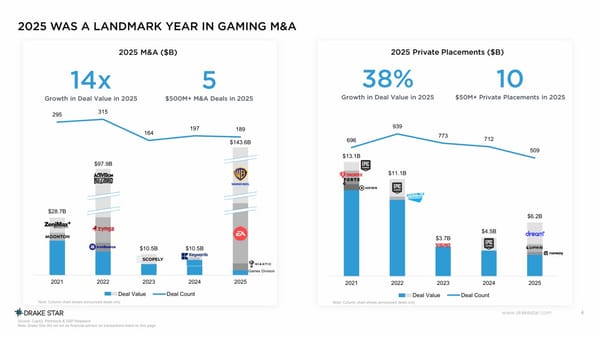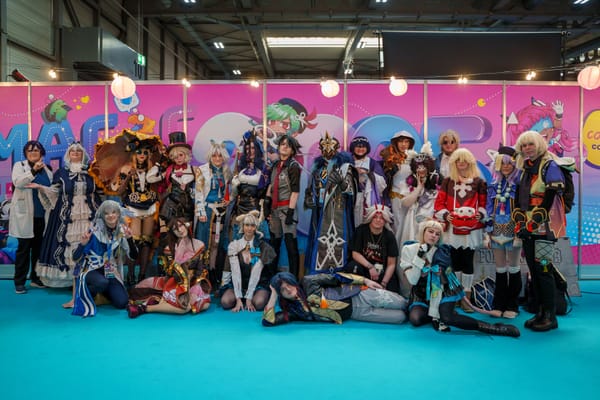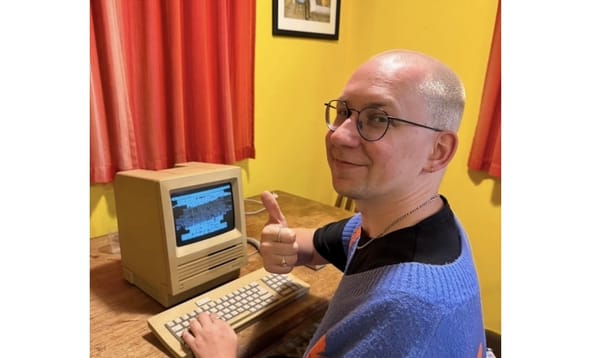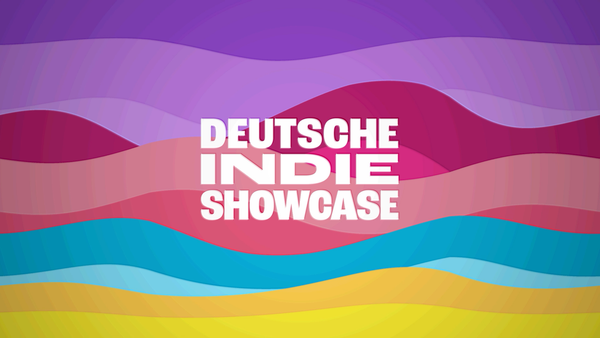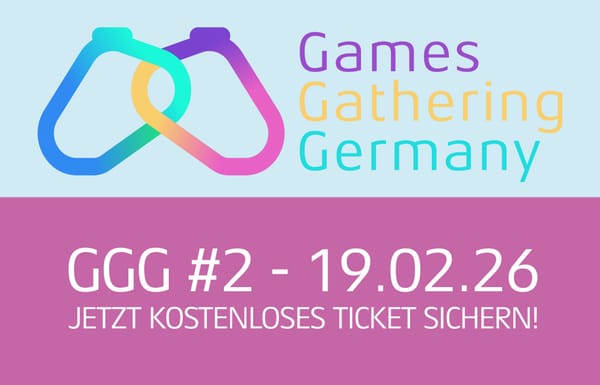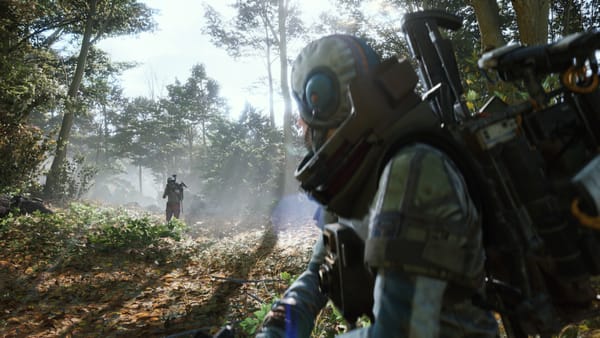Paul Sulyok (Green Man Gaming) on Europe as a Gaming Location
How do industry executives rate Europe's position in the global market? We spoke to Paul Sulyok, founder and CEO of Green Man Gaming, to find out.


How do industry executives rate Europe's position in the global market? We spoke to Paul Sulyok, founder and CEO of Green Man Gaming, to find out.


The European games market is large and varied, but how does its level of competitiveness compare with that of the USA and Asia? So, how are companies dealing with these challenges? This series of interviews features numerous executives answering all these questions. We begin with Paul Sulyok, Founder and CEO of Green Man Gaming (UK).
GamesMarkt: What is your opinion of the current state of the European games market?
Paul Sulyok: "The European games market is strong and diverse, with PC dominant in countries like Poland and Germany, while console remains strong in the UK and other territories. Profitability has improved in Europe over the last year, with revenue increasing by 4% to €26.8 billion in 2024. This is in part thanks to strong digital growth. The shift to digital is now almost complete, with penetration approaching 90%.
From a production and development perspective, on both sides of the Atlantic the industry has faced challenges with layoffs and reduced investment after a period of over-expansion post-COVID. Yet Europe remains one of the most energetic regions globally, the amount of studios has increased despite investment decline, and studios of all sizes are creating innovative IP, supported by increasingly accessible development tools. The expanding workforce and range of talent is another reason for profitability.
Looking ahead, I believe Western Europe offers a very exciting proposition for both studios and publishers. We don’t have the same challenging political and econmic environments that other markets have.
However, governments in Europe still tend to focus too much on regulation rather than actively promoting what is the fourth entertainment vertical, and is now the most profitable entertainment sector worldwide. Video games will allow countries to grow both their tech and their creative sector on a pan-European basis. Politicians are really struggling to understand the benefits of the video games industry, and that can impact our growth, ability to scale against other markets and other industries."
Since 2009, Green Man Gaming has operated its well-known online store, selling games, and has also been active as a publisher, as with Alaskan Road Truckers.
GamesMarkt: Is Europe able to compete with the other major markets, particularly North America and Asia?
Paul Sulyok: "Absolutely. Europe has the skills, imagination, and tools to create world-class games. Studios here consistently produce market-leading titles, from indie breakthroughs to global blockbusters like Grand Theft Auto.
The cost of talent in the US has risen dramatically, pricing some companies out. Major American businesses have acquired a significant volume of high quality engineers, which many businesses can't comete with.
European studios are more creative, leveraging production in a sharper way. The industry went through a phase of being not particularly financially focused, massive overruns on hugely expensive projects, now the costing of production is very tightly controlled from studios. Over the next few years, outside of GTA, I think we will see a renaissance of smaller, innovative studios, many choosing to self-publish and build projects more incrementally.
Ultimately, Europe's ability to tap into international talent and government incentives gives it real competitive strength. Our industry is increasingly global, and the most agile studios - wherever they're based - will thrive."
GamesMarkt: How would you say Green Man Gaming is positioned in terms of the opportunities and challenges it faces in the European market?
Paul Sulyok: "Green Man Gaming is in a very strong position. We have gone through a number of iterations over the years. The most significant changes to the business includes going fully remote in 2020 and buying out our institutional shareholders in 2022, which gave us flexibility and resilience as a global business. This put us in a strong position and we continue to be in a strong Position.
Our model is also distinct - we don't just run a store. We take a layered approach, from pre-orders and bundles to publishing services and global partner support. This breadth means we can adapt quickly to changing market dynamics, support our partners effectively, and continue to grow our own proposition in Europe and beyond."
